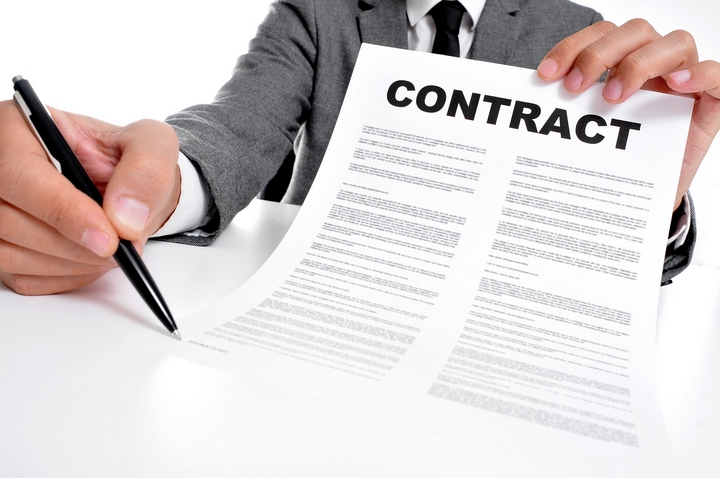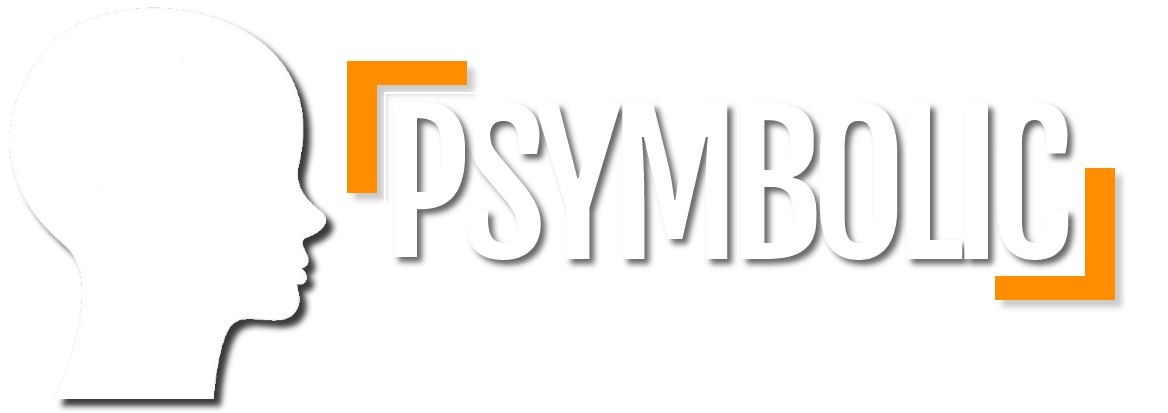
Co-signing a mortgage is when a third party agrees to take responsibility for a loan if the initial borrower cannot pay. Most financial institutions provide co-signing mortgage opportunities to their customers.
Mortgage co-signing has benefited many clients, especially those who have undergone uncertain economic status. Co-signing mortgages Windsor has been helpful to most partnerships or individuals who might not have otherwise survived in the mortgage industry.
Let’s focus on the pros and cons of co-signing a mortgage.
Why Co-Sign a Mortgage?

Co-signing a mortgage can happen when you do not have a reliable source of income. Likewise, your debt-to-ratio income is too high for several lending institutions to approve a solo mortgage. Co-signing also helps an individual, business, or partnership acquire financing or boost their existing financial resources.
Sometimes, co-signing is an ideal option when the borrower’s credit score is below average to acquire a mortgage independently. Similarly, the borrower cannot afford to raise the regular payments, deposits, or interest rates independently. Also, the borrower is new to the industry with no significant credit history in mortgaging. In all these scenarios, co-signing a mortgage is an excellent option.
Requirements for Co-signing a Mortgage

For a successful mortgage co-signing, both the borrower and their co-signer must reveal specific details. The most common and crucial information includes:
The co-signer identification documents
Since the lending institutions already have the borrower’s identification details, the co-signer will require to present their official name, date of birth, address, occupation, source of income, and telephone number(s), among other personal information.
Co-signer’s financial records
The co-signer will need to share their financial records across past years to qualify for the process. Most financial institutions request credit verification certificates, prevailing debts and assets, and income verification. The institution will then evaluate the details to ascertain where the third party qualifies to co-sign a mortgage.
Relationship to the borrower
Although not mandatory, most lending institutions will ask about the co-signer’s connection before approving a mortgage co-signing. Some institutions prefer blood-based relationships, while others go for non-blood-related co-signers.
Agree to further verification
Lending institutions will always choose to conduct their research on every client, no matter how promising their credit details might appear. As a potential co-signer, you must remain cooperative throughout the verification process if you desire to qualify for the task.
Pros of Co-signing a Mortgage

Co-signing a mortgage boasts loads of advantages that you might not have imagined. They include:
Pro: Reduced interest rate
Co-signers help borrowers reduce their interest rate on mortgages and with better repayment conditions.
Pro: Boost credit score
Co-signing a mortgage helps boost the co-signer’s credit score, which benefits their borrowings and other operations.
Pro: Helps poor credit score
A reliable co-signer acts on behalf of a borrower when their credit score is below average.
Pro: Can qualify for other loans
The borrower can qualify for other loans or mortgages independently due to the co-signers support of their credit score.
Cons of Co-signing a Mortgage

Mortgage co-signing has benefited many individuals, organizations, and partnerships that once required financial support. However, the program carries several drawbacks that every potential borrower should understand before taking the next step.
Below are various cons of co-signing a mortgage, both to the borrower and co-signer:
Con: Lacks full ownership
The borrower lacks full property ownership and doesn’t hold the title or prestige.
Con: Potential for conflicts
If the co-signer is a family member, the relationship might be ruined when the borrower defaults to pay their loans.
Con: Unreliable co-signer
The lending institutions will always go after the co-signer if the borrower defaults on their mortgage repayments. The co-signer is exposed to full responsibility for repayment if the borrower defaults on the mortgage. Likewise, the co-signer is exposed to the risk of seizing their personal properties if the borrower defaults on the mortgage. The co-signer’s financial resources may fail to satisfy the lending institution.
Con: Affects credit score
Late payments or lack of cooperation from the borrower can significantly affect the cosigner’s credit score. Co-signing a mortgage might significantly affect the co-signers future borrowings when the debt-to-income ratio increases.
How to Stop a Mortgage Co-signing Contract

The process of terminating a co-signed mortgage contract is quite complicated due to the complexity of the matter. That’s why most lending institutions ensure both clients, the borrower, and co-signer, have clearly understood the terms and conditions of the contract and reached a mutual agreement before its commencement.
The only possible way a co-signer can detach themselves from a co-signed mortgage is by repaying the entire mortgage or refinancing it into a new one without their name and responsibility.
